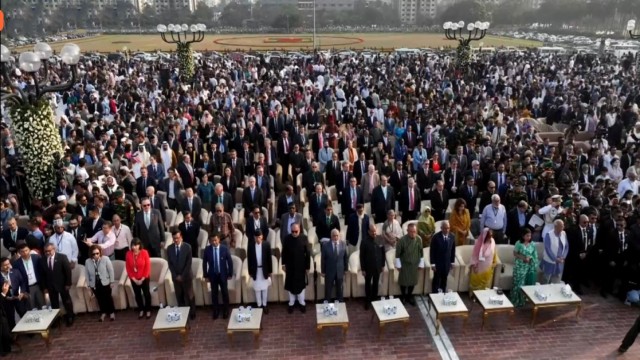The relentless grip of the heatwave continues to tighten across Bangladesh, with the Bangladesh Meteorological Department (BMD) issuing a 72-hour warning that extends into the coming days. As the mercury soars and discomfort intensifies, citizens are urged to take precautions to safeguard their health and well-being.
The BMD attributes the sustained uncomfortable conditions to increased moisture incursion. But what does this mean? As our planet warms due to climate change, the atmosphere can hold more moisture. For every 1°C rise in average temperature, the air can accommodate about 7% more moisture. This surplus moisture exacerbates the heatwave, making it even more oppressive.
Even a small increase in average temperatures has significant consequences. The entire distribution of daily temperatures shifts toward warmer levels, resulting in more frequent and extreme hot days. Southern Europe, the southern United States, and Mexico experienced intense heatwaves in July 2023, events that would have been “virtually impossible” without human-caused climate change. If global warming reaches 2°C above pre-industrial levels, such heatwaves are projected to occur every two to five years.































Comment: